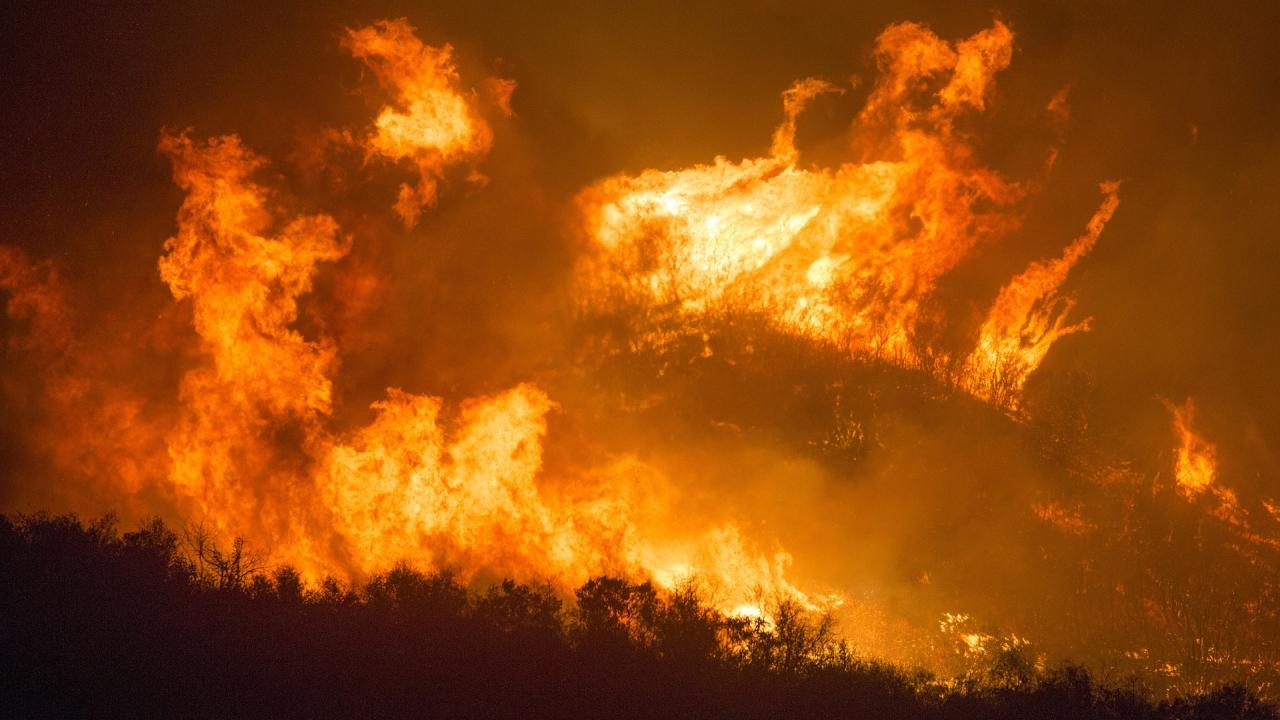
Veterinary School Faculty Contribute to Book on Climate Change and Respiratory Health
Several health professionals from UC Davis contributed to Climate Change and Global Public Health, a newly released guide for health professionals on climate change and respiratory health.
This second edition from Springer (Humana Press) contains 29 chapters from authors around the world, including Drs. Kent Pinkerton and Kathryn Conlon, scientists with the UC Davis School of Veterinary Medicine.
Five of the chapters are from UC Davis authors and cover the following topics:
- Planetary and human health
- Heat waves
- Climate change/extreme weather conditions impacting agricultural health and safety
- Public health interventions
- Integrating climate change, the environment and sustainability into the UC professional curriculum (Schools of Medicine, Veterinary Medicine, Nursing).
A summary from the jacket cover states:
This book is a guide to the research, findings, and discussions of US and international experts on climate change and respiratory health. Since the publication of the first edition, climate change has been increasingly acknowledged as being directly related to the prevalence and incidence of respiratory morbidity. Evidence is increasing that climate change does drive respiratory disease onset and exacerbation as a result of increased ambient and indoor air pollution, desertification, heat stress, wildfires, and the geographic and temporal spread of pollens, molds and infectious agents.
This second edition is fully updated to include the latest research by international experts on topics such as heat waves causing critical care-related diseases, climate-driven air pollution increases, and high-level ozone and ozone exposure linked to idiopathic pulmonary fibrosis, lung cancer, and acute lower respiratory infection. Seven new chapters have also been added on extreme weather and agricultural safety in California; desert dust effects on lung health; climate policy and the EPA; California's integrated approach to air quality and climate change; integrating climate change, the environment, and sustainability themes into professional health science courses; and the role of the physician as climate advocate. This is an ideal guide for all pulmonologists and health professionals treating patients with pulmonary disease.
